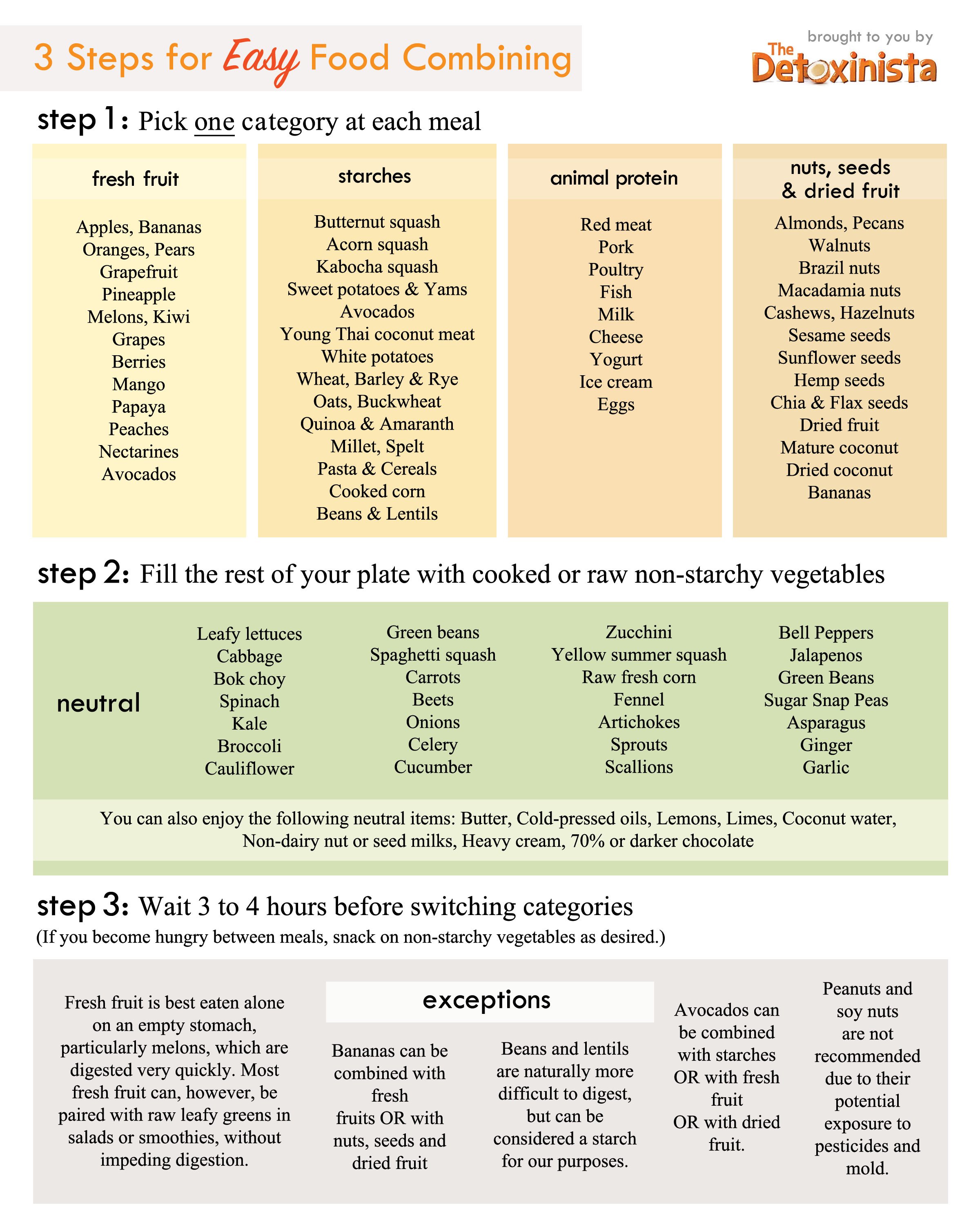Food Allergies
What are common food allergies?
According to the American College of Allergy, Asthma & Immunology, eight types of food account for 90% of food allergies. These foods are eggs, milk, peanuts, tree nuts, fish, shellfish, wheat, and soy. Other food allergies include cheese, food colors, yeast, caffeine, coffee, soda pop, beer, and chocolate. Please beware though you may have a food allergy to any food.
What are the symptoms of food allergies?
Allergy symptoms can be a plethora of problems, such as Crohn's disease, irritable bowel syndrome, headaches, difficulty in losing weight, nausea, irritability, depression, heart palpitations, hives, sinus congestion, fatigue, watery eyes and anxiety. More serious symptoms might include wheezing, swelling of the tongue, or anaphylactic shock.
What can I do to help with my allergies?
Proper food combining may be beneficial when battling food allergies. If interested in proper food combining the book "Fit For Life" by Harvey Diamond, is an excellent choice to start with. Easy to read and to implement.
The basic rules for food combining are:
• Eat acids (corn, meat, beans, fish, most grains, coffee, plums, cranberries, eggs, wine, sour cream, gravy) and starches (potato, pasta, flour, spaghetti, tapioca, yams, wild rice, rice flour, honey, maple syrup, and wheat) at separate meals. Acids neutralize the alkaline medium required for starch digestion and the result is fermentation and indigestion.
• Eat protein foods (milk, meat, eggs, cheese, beans nuts, seeds) and carbohydrate foods (bread, yams, potatoes, rice, muffins) at separate meals. Protein foods require an acid medium for digestion.
• Eat but one kind of protein food at a meal.
• Eat proteins and acid foods at separate meals. The acids of acid foods inhibit the secretion of the digestive acids required for protein digestion. Undigested protein putrefies in bacterial decomposition and produces some potent poisons.
• Eat fats and proteins apart from each other. Some foods, especially nuts, are over 50% fat and require hours for digestion.
• Eat sugars (fruits) and proteins at separate meals. When the two are put together in the same meal, bloating and gas occur.
• Eat sugars (fruits) and starchy foods at separate meals. Fruits undergo no digestion in the stomach and are held up if eaten with foods that require digestion in the stomach.
• Eat melons alone. They combine with almost no other food, because of the high water content.
• Desert the desserts. Eaten on top of meals they lie heavy on the stomach, requiring no digestion there, and ferment. Bacteria turn them into alcohols and vinegars and acetic acids.
Here are some examples of good food combinations:
- Proteins and vegetables: Grilled chicken breast with roasted vegetables, salmon with quinoa, tofu stir-fry
- Fruits and nuts: Trail mix, fruit salad with nuts, yogurt with berries
- Starchy foods and non-acidic vegetables: Whole-wheat pasta with broccoli, brown rice with roasted sweet potatoes, quinoa with corn
- Cooked and raw foods: Oatmeal with fruit, roasted vegetables with a side salad.
Food combining chart
What causes food allergies?
Scientists aren't sure about the exact causes of food allergies, but the following is a list of pre-disposing factors:
• diets high in refined carbohydrates
• food additives such as MSG
• heredity
• insufficient zinc, magnesium and vitamins A and E in the diet
• diet high in hydrogenated fat
• chronic infections
• overuse of sugar
• poor liver function
• constipation
• emotional stress
• digestive enzyme deficiency
There are many possible reasons why you might have food allergies. Some of the most common causes include:
- Genetics: Food allergies tend to run in families, so if you have a family history of allergies, you're more likely to develop them yourself.
- Exposure to allergens: If you're exposed to an allergen early in life, you're more likely to develop an allergy to it. This is because your immune system learns to overreact to the allergen.
- Environmental factors: Some environmental factors, such as pollution or cigarette smoke, can also increase your risk of developing food allergies.
- Gut health: Your gut health can also play a role in food allergies. If you have a gut imbalance, it can make you more susceptible to allergies.
- Autoimmune diseases: If you have an autoimmune disease, such as asthma or eczema, you're more likely to develop food allergies.
If you're not sure why you have food allergies, it's important to talk to your doctor. They can help you figure out the cause and develop a treatment plan.
"References"
Astor, Stephen. Hidden Food Allergies. N.p.: Avery Group., n.d. Print.
Bland, Jeffrey, and Donald R. Davis. Medical Applications of Clinical Nutrition. New Canaan, CT: Keats Pub., 1983. Print.
Diamond, Harvey, and Marilyn Diamond. Fit for Life. New York, NY: Warner, 1985. Print.
Erasmus, Udo. Fats and Oils: The Complete Guide to Fats and Oils in Health and Nutrition. Vancouver, Canada: Alive, 1989. Print.
"Food Allergies." Food Allergies. American College of Allergy, Asthma & Immunology. <http://acaai.org/allergies/types/food-allergies>.
Rector-Page, Linda G. Healthy Healing: An Alternative Healing Reference. United States: Healthy Healing Publications, 1994. Print.[/expand]


